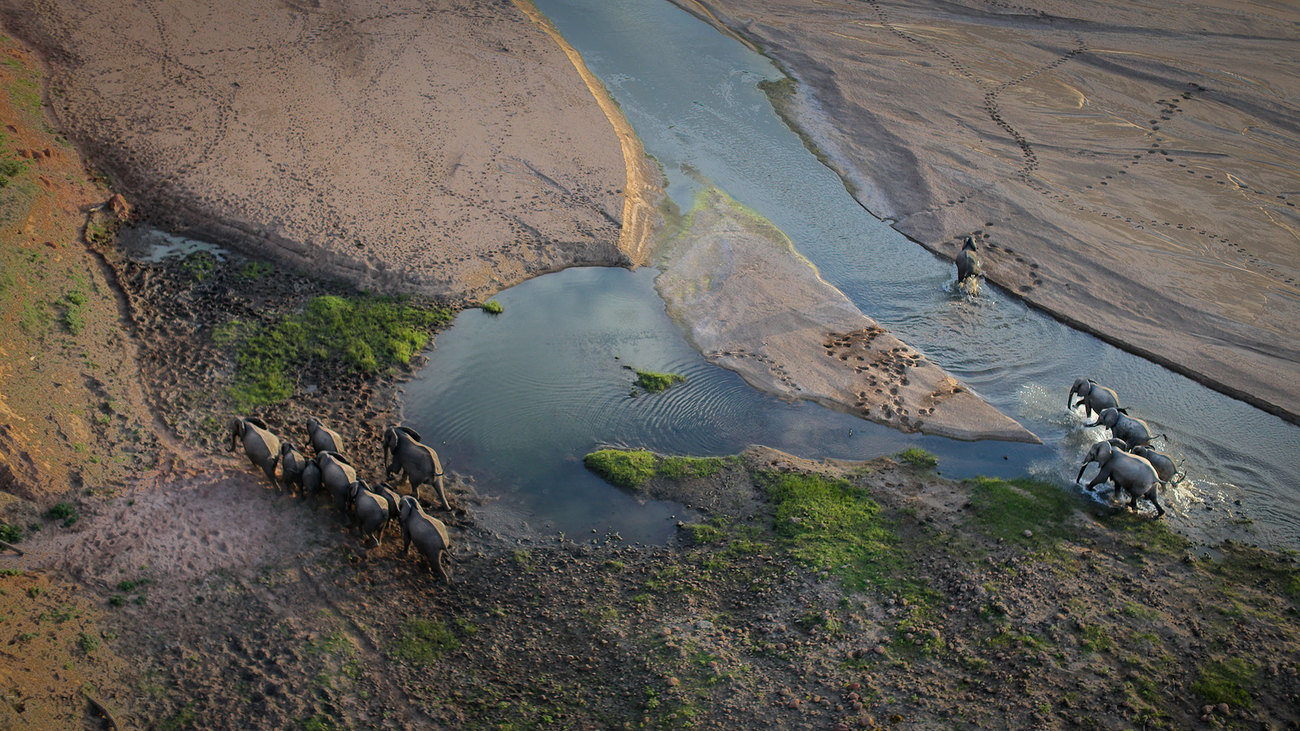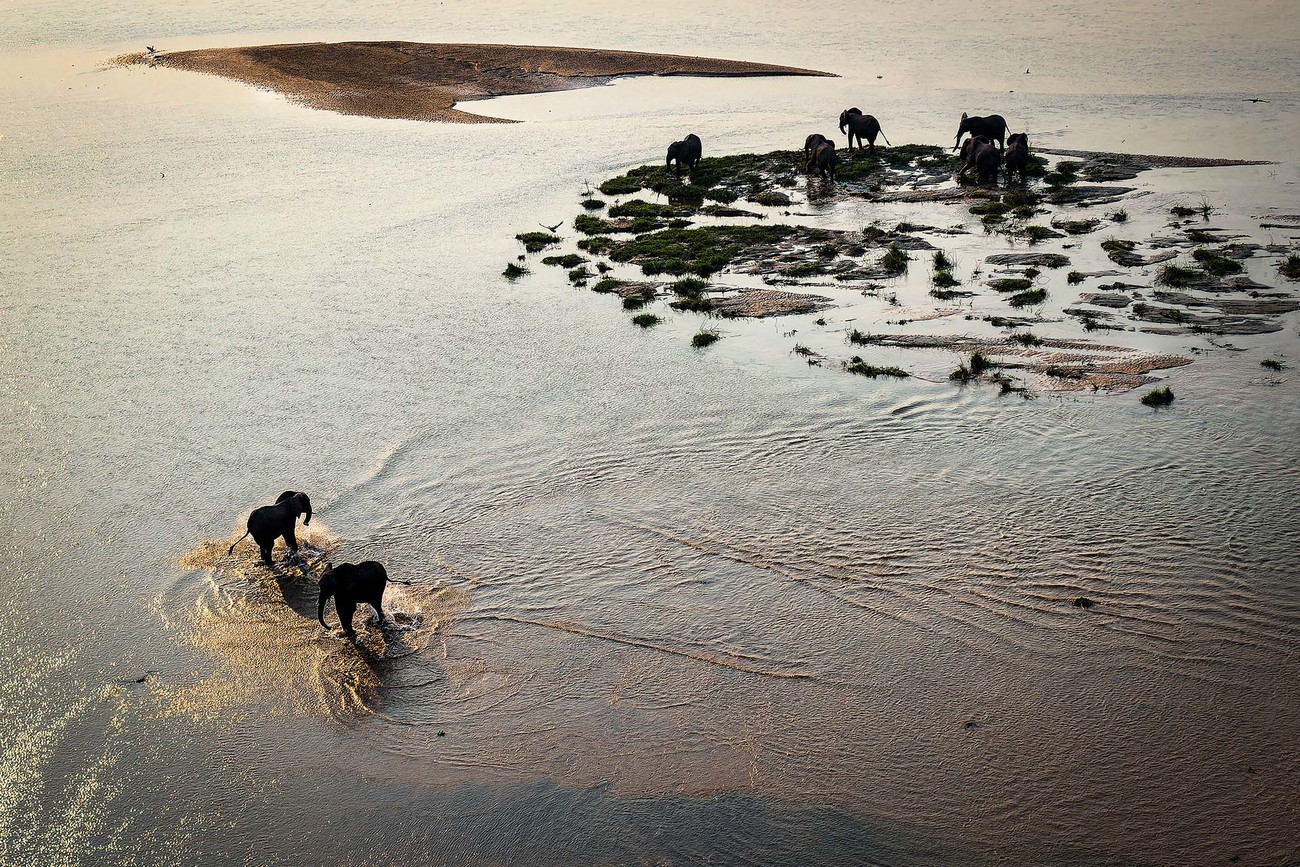Blog
Long’uro: one elephant’s story of immense resilience
Read moreWildlife Crucial to Wetland Health, Say Experts at Ramsar COP15

(Victoria Falls, Zimbabwe—25 July 2025) — A new report launched on the sidelines of the 15th Meeting of the Conference of the Contracting Parties to the Ramsar Convention on Wetlands (COP15) urges governments to recognise the critical role wild animals play in shaping and sustaining Africa’s inland and coastal wetlands.
“Africa Special Report: Taking Animals into Account” presents a compelling case for including animal-driven ecological processes in wetland restoration and management. With an estimated 3.4 million km² of inland wetlands lost since 1700 and nearly one-third of freshwater fish species now at risk of extinction, the report highlights the urgent need for more holistic conservation approaches.
The report was produced by Global Rewilding Alliance (GRA) alongside a cohort of practitioner partners' and supported by IFAW, drawing on scientific studies and on-the-ground experience to demonstrate how wild animals actively contribute to maintaining wetland function and biodiversity.

"This report is a valuable resource for those implementing the Ramsar Convention. By recognising the fundamental ecological role of wild animals – mammals, birds, fish, reptiles, amphibians, and other organisms, we will become better at managing and restoring the world’s inland and coastal wetlands. This will dramatically increase the ecosystem services of wetlands to the benefit of all people on Planet Earth.”, says Magnus Sylvén, Director of Science-Policy-Practice.
“Wetlands are vital ecological connectors in IFAW’s Room to Roam initiative, supporting species like elephants as they move across borders and landscapes. Protecting and restoring these dynamic ecosystems is essential to building climate resilience, conserving biodiversity, and ensuring a future where animals and people thrive together.” said James Isiche, IFAW Regional Director for Africa
“This report is a valuable resource for those implementing the Ramsar Convention,” added May Scott, Deputy Director of Communications at GRA. “It consolidates science showing how species such as elephants, hippos, fish, manatees, and waterbirds shape wetland landscapes and improve their ecological character.”
As global leaders gather in Victoria Falls to chart the future of wetlands, this report serves as a call to action: restoring wetlands must go beyond hydrology and vegetation and include the animals that sustain them.
Ends
About Global Rewilding Alliance
The Global Rewilding Alliance is a worldwide network of 250+ partner rewilding organisations active on every continent that are helping nature to heal itself, reinstating whole ecosystems and securing a thriving future for people, nature and planet. By initiating the comeback of numerous wildlife species and working hand-in-hand with indigenous and local communities, the rewilding movement brings practical hope.
About IFAW (International Fund for Animal Welfare)
IFAW is a global non-profit helping animals and people thrive together. We are experts and people working across seas and oceans in over 40 countries daily. We rescue, rehabilitate, and release animals and restore and protect their natural habitats. The problems we’re up against are urgent and complicated. To solve them, we match fresh thinking with bold action. We partner with local communities, governments, non-governmental organisations and businesses. Together, we pioneer new and innovative ways to help all species flourish. See how at ifaw.org
Every problem has a solution, every solution needs support.
The problems we face are urgent, complicated, and resistant to change. Real solutions demand creativity, hard work and involvement from people like you.
Unfortunately, the browser you use is outdated and does not allow you to display the site correctly. Please install any of the modern browsers, for example:
Google Chrome Firefox Safari